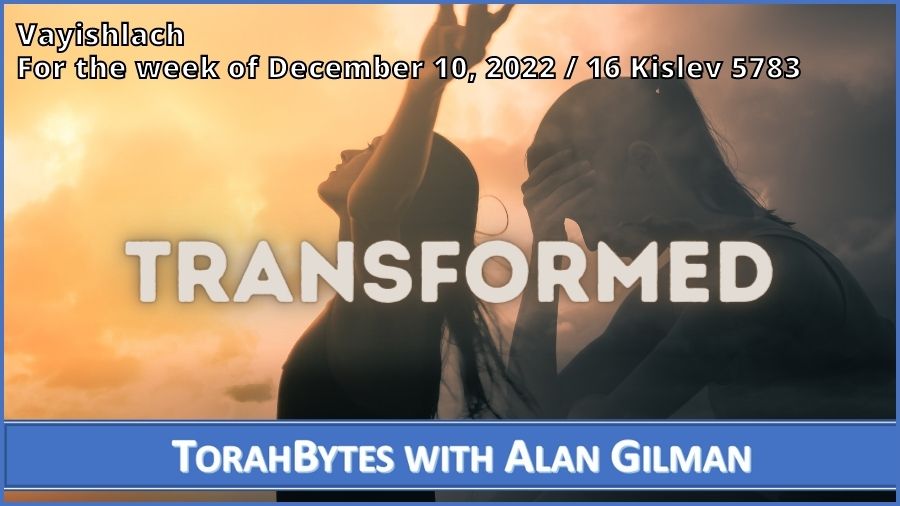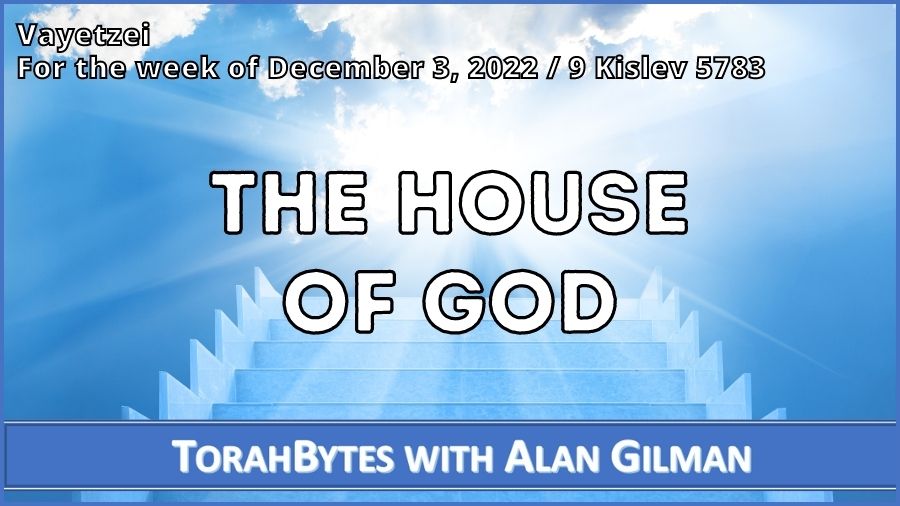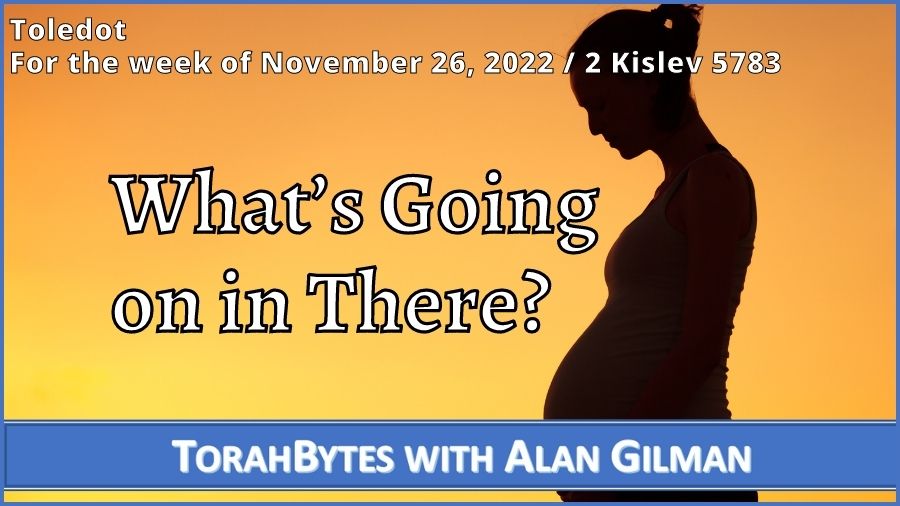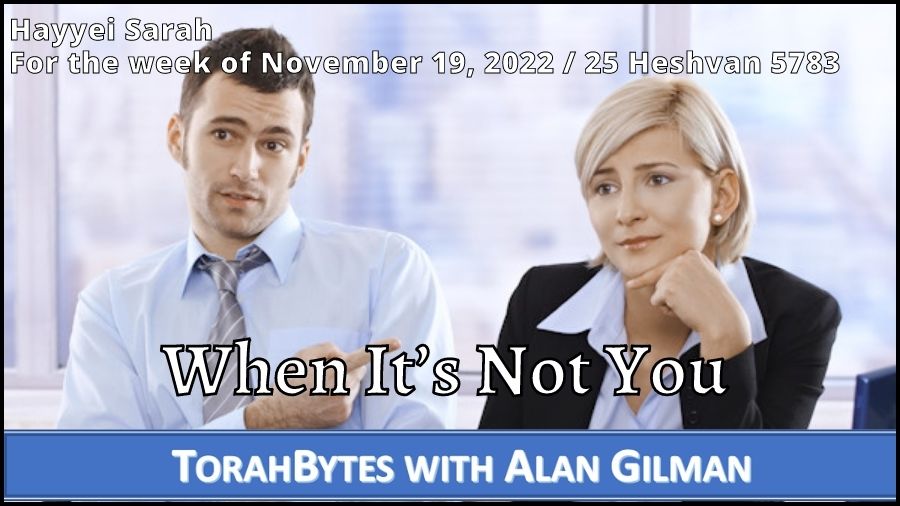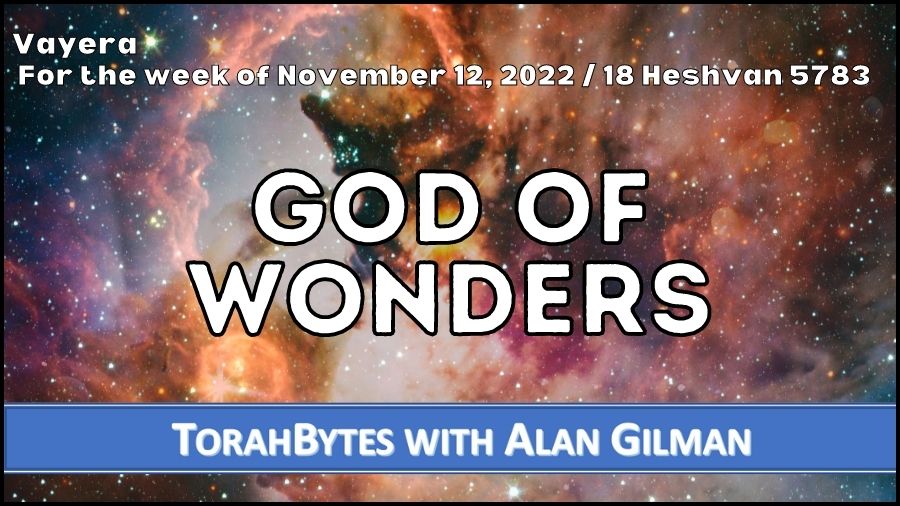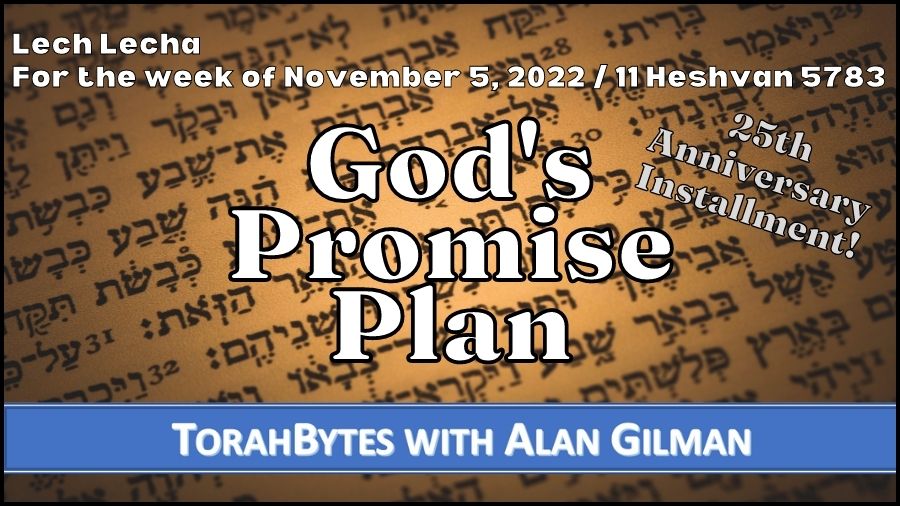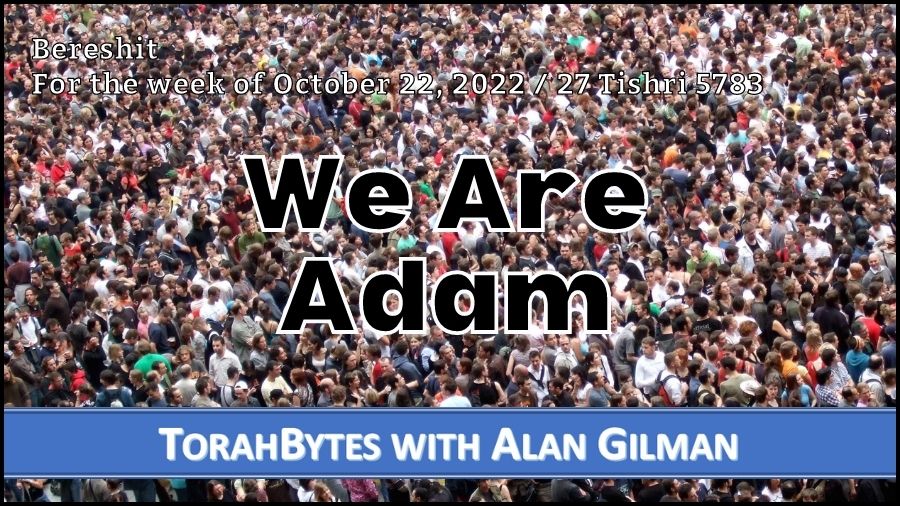For the week of December 17, 2022 / 23 Kislev 5783
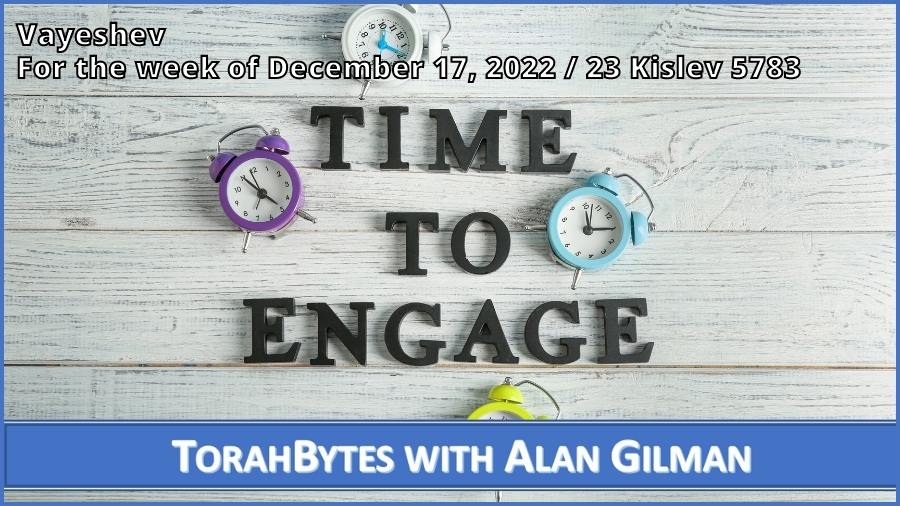
Vayeshev
Torah: Bereshit/Genesis 37:1 – 40:23
Haftarah: Amos 2:6 – 3:8
Updated version of message posted the week of December 21, 2019 / 23 Kislev 5780
Download Audio [Right click link to download]
Now Joseph had a dream, and when he told it to his brothers they hated him even more. He said to them, “Hear this dream that I have dreamed: Behold, we were binding sheaves in the field, and behold, my sheaf arose and stood upright. And behold, your sheaves gathered around it and bowed down to my sheaf.” His brothers said to him, “Are you indeed to reign over us? Or are you indeed to rule over us?” So they hated him even more for his dreams and for his words. (Bereshit/Genesis 37:5-8)
Sometimes I ponder the circumstances that led to two of my most important life experiences: my coming to know the Messiah and connecting with the young lady who would become my wife. What this has to do with Joseph and this week’s parsha will become clear eventually. So many unusual twists and turns brought me to hear about Yeshua for the first time in September 1976, including my parents’ breakup, and my own issues with my father, which opened me to accept my mother’s desire to move to Florida from Montreal in tenth grade. But when the better life we sought didn’t pan out, we returned six months later. The instability of that time fueled by my own distraction led to my repeating my senior year of high school, which gave me a new circle of friends. One such friend would later have a boyfriend from California, who upon visiting Montreal shared Yeshua with me.
All this helped set up my sort-of first-time meeting with my bride to be, Robin. I say “sort-of” because as children, we both had been in the same Yiddish school class, three days each week following public school. After my coming to know the Lord, I happened to be in a Bible study where her name was mentioned in a prayer request – that’s how I found out that she too was a new believer. A few months later her name came up again when I overheard her being invited to an event I was involved in, which led to our meeting as believers for the first time.
I could use these details to talk about the working of God’s guiding hand in our lives. So many of the circumstances of what led to my crucial life changes were out of my control. Life can feel like the living out of a script at times. But this is not my point here; nor is it what I want to demonstrate from Joseph’s life. In each of my examples, there is one influence I left out: me. On the morning of the afternoon I received Yeshua, I was sitting in my room wondering what to do that day. I had become friends with another friend’s cousin who had been visiting from out of town and was returning home later that afternoon. The friend was part of the new circle I mentioned earlier. I had already said “good-bye” to the cousin, but on a whim I decided to phone to see if I could hang out with him one more time before he left for the airport. I could have easily dismissed the thought of calling, not wanting to intrude. But I didn’t. So, I called. I went over, not knowing I would soon interact with the person from California who would share with me the message that would completely transform my life forever.
As for the day I met Robin, what I had overheard was two girls hovering around the phone (which was on the wall in those days), discussing their attempt to coax her to come to the event that night. She had told them she was too tired. I don’t remember how I discovered it was she with whom they had been talking. But when I did, I asked them to get her back on the phone. She, being intrigued by the possibility of meeting another Jewish believer, came after all. We quickly developed a friendship that would become a lot more than that over the next few years (we’ll leave those details for another time).
I don’t bring up my involvement in relation to these events to take any credit. Obviously, each of these are way too complex for that, but what would have happened if I hadn’t phoned the cousin or asked the girls to call Robin back? We’ll never know, of course. Just like we’ll never know what would have happened if Joseph hadn’t told his dreams to his brothers.
I am conflicted about Joseph. Was he a purely innocent victim to his brothers’ murderous jealousy fueled by his father’s nearsighted favoritism? Or was he a spoiled younger brother taking advantage of his father’s favor? Perhaps he was overly naïve, clueless to how his brothers would react to his dreams. His story doesn’t include the level of commentary necessary to draw firm conclusions. All we know is that he freely spoke about his dreams. Unlike my stories, however, Joseph’s involvement led to some extremely painful experiences. But in the end the fledgling nation of Israel and the whole region of the world in which they lived were rescued through his superior administrative ability working within the Egyptian government. All this came about through the remarkable twists and turns spurred by his sharing of his dreams.
I wonder how much life we are missing out on due to our lack of engagement. Are we paying sufficient attention to what’s going on around us? How many of us are far too tentative, much too passive, and too hesitant in responding to life’s circumstances. We don’t speak up or get involved because we are too cautious. We can’t necessarily set up the events of our lives, but unless we engage the opportunities placed before us, we will never fully live.
Scriptures taken from the English Standard Version
